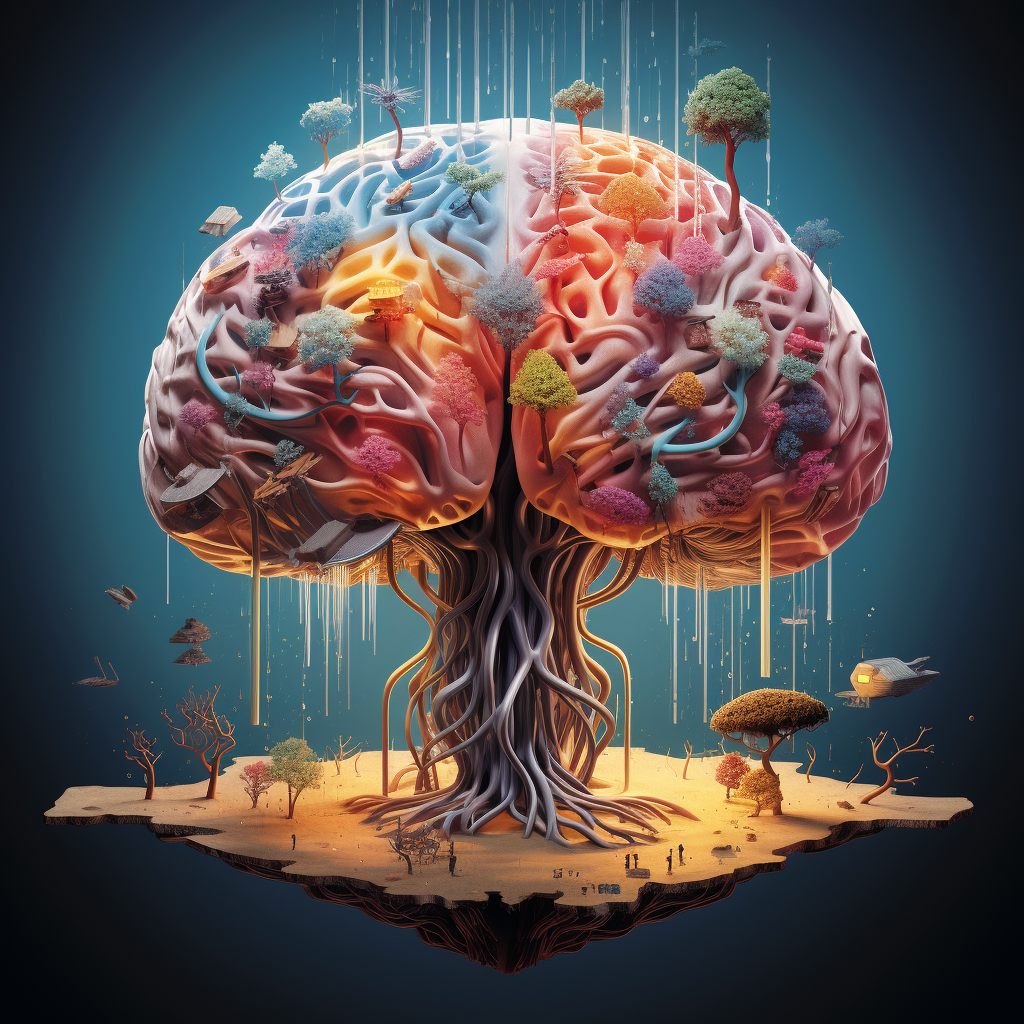How And Why You Need To Become A Lifelong Learner
There are so many good reasons to communicate with site visitors. Tell them about sales and new products or update them with tips and information.
Here are some reasons to make blogging part of your regular routine.
Blogging is an easy way to engage with site visitors
Writing a blog post is easy once you get the hang of it. Posts don’t need to be long or complicated. Just write about what you know, and do your best to write well.
Show customers your personality
When you write a blog post, you can really let your personality shine through. This can be a great tool for showing your distinct personality.
Blogging is a terrific form of communication
Blogs are a great communication tool. They tend to be longer than social media posts, which gives you plenty of space for sharing insights, handy tips and more.
It’s a great way to support and boost SEO
Search engines like sites that regularly post fresh content, and a blog is a great way of doing this. With relevant metadata for every post so search engines can find your content.
Drive traffic to your site
Every time you add a new post, people who have subscribed to it will have a reason to come back to your site. If the post is a good read, they’ll share it with others, bringing even more traffic!
Blogging is free
Maintaining a blog on your site is absolutely free. You can hire bloggers if you like or assign regularly blogging tasks to everyone in your company.
A natural way to build your brand
A blog is a wonderful way to build your brand’s distinct voice. Write about issues that are related to your industry and your customers.
ChWaaS Blog




